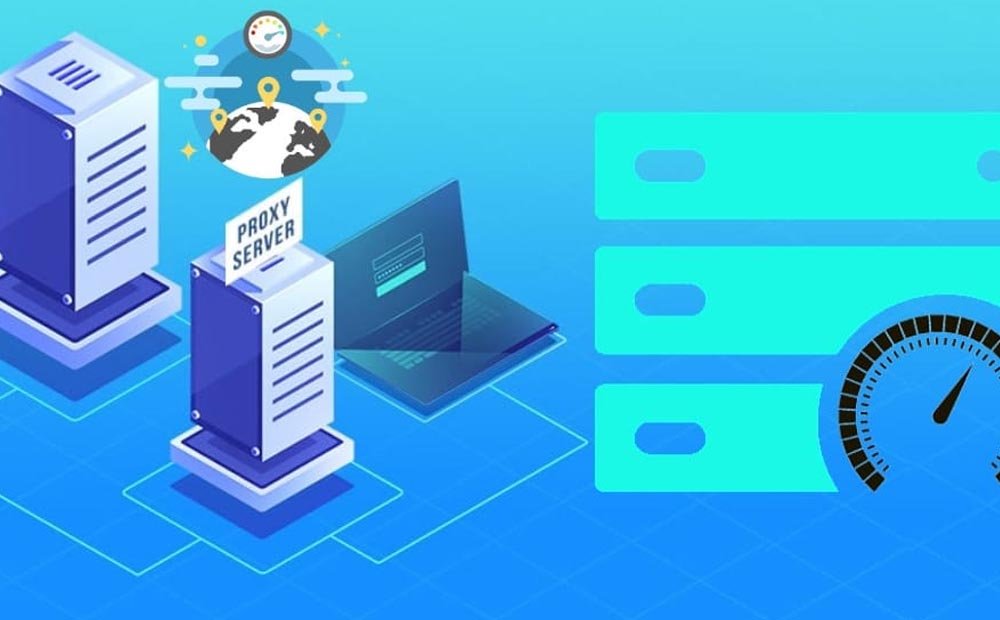Businesses use proxy servers to scrape the web, conduct market analysis, and learn more about their competitors. Many companies also use proxies to study consumer sentiment across their target audience segments.
All proxies do the same thing – they help you mask your IP address to access websites. But some of them have specific features that make them ideal for certain use cases.
Speed is one of these features. Proxy servers like SOCKS5 are ideal for businesses with urgent needs. For instance, a financial advisor may need proxies that can scrape up-to-date information in no time.
Having said that, you need the fastest proxy types to collect data quickly. Which proxies can help you do this? Let’s find out.
Which Factors Affect a Proxy’s Speed?
Several factors impact a proxy server’s speed. Here are some of them.
Server location
The more the distance between you and the proxy server, the slower it will be. If you’re looking for a proxy, make sure you get it from a provider with multiple server locations. With a wide range of server locations, you’ll be able to find proxies closest to your destination server.
Bandwidth Limits
Bandwidth is the amount of information that travels through your proxy connection. A higher bandwidth means more information will pass through the connection per second.
If you have high-speed needs, such as web scraping, you must get proxies with high bandwidth limits.
Access
Proxies may be free or paid. While paid proxies are faster, the free ones are slower.
Why? Free proxies are accessible to everyone. Since they consume more bandwidth, they’re slower.
Paid proxies are faster because they are only available to users who pay for them.
Proxy Type
The proxy type also determines proxy speed. Some proxies tend to be faster due to their protocols. For instance, SOCKS5 proxies are much faster than others.
Which Proxy Types Are the Fastest?
As we’ve mentioned, some proxy types are faster than others. Here are some notable types.
SOCKS5
SOCKS5 proxies are fast because they support UDP (User Datagram Protocol) and TCP (Transmission Control Protocol) traffic. By supporting both traffic types, SOCKS5 proxies cater to all users.
SOCKS5 proxies also have multiple authentication methods. Some options include username/password and IP-based authentication. They allow users to connect to the network quickly to reduce connection formation time.
Dedicated Proxies
Dedicated proxies give exclusive access to one user. Due to unshared access to all resources, you can use up all the speed and bandwidth. That allows you to enjoy faster speeds.
Rotating Proxies
Most websites have anti-scraping features that detect repeated requests from the same IP address. As a result, your scraper gets banned.
Rotating proxies fix this problem. When proxies are rotated, the destination server gets requests from multiple IP addresses instead of the same one. That reduces your risk of getting blocked and increases speed.
Datacenter Proxies
Compared to residential proxies, datacenter proxies are much faster. Instead of being associated with a physical address, these proxies get IP addresses from a data center.
The downside to these proxies is their bot-like nature. So, they have a higher risk of blacklisting and bans.
Which Business Use Cases Require Fast Proxies?
Some business use cases that require fast proxies include the following:
- Web Scraping: A fast proxy reduces web scraping time, allowing you to gather relevant insights before the trends shift.
- Ad Verification: Fast proxies let you check how your online ads appear in different countries. Many of the proxies mentioned above also let you bypass geo-restrictions.
- Market Research: Financial and e-commerce trends change quickly. Businesses in these sectors need fast proxies to stay up-to-date on competitor strategies and market trends.
- Price Comparisons: Airlines, hotels, and retailers need fast proxies for price comparison. Similarly, websites that show real-time financial updates can use fast proxies to provide the latest information to their visitors.
Which Other Features Should Businesses Consider When Selecting a Proxy Server?
Here are some features businesses should look for when choosing the right proxy server for their needs.
- Security: Select a proxy with robust security features like SSL/TLS.
- Scalability: The proxy you select should also be scalable. It will allow you to expand your use cases.
- Geographical Location: Look for a proxy that can help you get around geo-restrictions. With these proxies, you can get data from different locations and countries.
- Reliability: The proxy should have a 99% or higher uptime.
When it comes to choosing proxies for business use, do not skimp on price. Opt for paid proxies rather than free ones to avoid reliability and security issues.
Conclusion
Fast proxies, like SOCKS5 and dedicated proxy servers, can make business processes much smoother. But don’t merely rely on speed.
Before buying, consider the proxy’s performance, pricing, protocol, access type, source, and geo-location. Doing so will help you select a proxy that fits your business requirements.
















